Electric Truck News
What precautions should be taken when repairing new energy vehicles?
Posted on by Electric Trucks
In recent years, the development of new energy vehicles has been nothing short of remarkable. As these vehicles become increasingly popular, more and more people are taking the initiative to learn professional maintenance knowledge for new energy vehicles. Given the unique characteristics and technologies of new energy vehicles, there are several crucial precautions that must be observed when undertaking repair work.
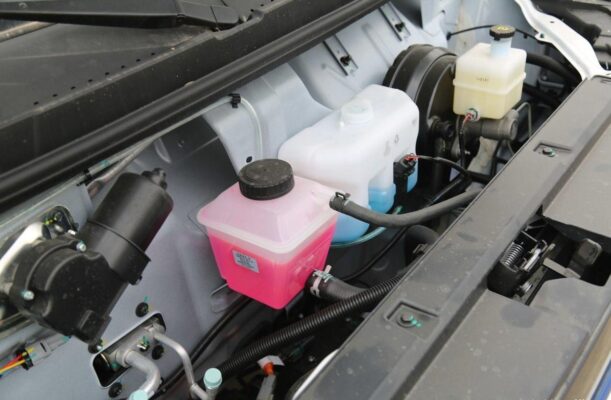
First and foremost, the issue of high voltage electricity is of utmost importance and demands the highest level of attention. Whether it is the high-voltage power battery or the working voltage of the drive motor, both involve high voltage electricity. As we are all aware, the safe voltage for the human body is at most no more than 36V, and ordinary household electricity is only 220V. In contrast, the minimum voltage of our electric vehicles is 380V. Just imagining this voltage difference highlights the extreme danger involved.
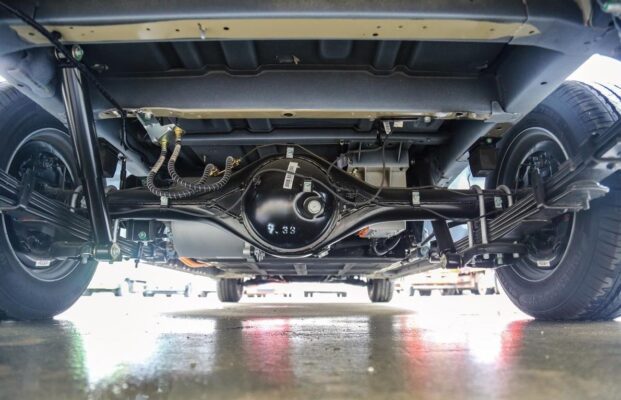
Therefore, before commencing any repair or maintenance work on new energy vehicles, it is essential to cut off the power supply. Although all high-voltage cables and connectors have been strictly implemented in accordance with relevant national standards and industry standards during the design, manufacturing, and assembly processes, it is still better to err on the side of caution. There can be no room for complacency when dealing with high voltage electricity.
When we are repairing new energy vehicles, we must refrain from touching high-voltage cables at all times. The skin color of high-voltage cables is typically orange, serving as a visible warning. Be to, connectors associated with high voltage should also be avoided. When disassembling or replacing components such as drive motors, power batteries, and high-voltage wiring harnesses, several measures must be taken to ensure safety. Wearing insulating shoes and insulating gloves is crucial as they provide a barrier against electric shock. Be to, using insulating tools is equally important. These precautions help minimize the risk of accidental contact with high voltage and potential electric shock.

For example, imagine a repair technician who fails to take these precautions. Without proper insulation, even a momentary brush against a high-voltage cable or connector could result in a severe electric shock, potentially causing life-threatening injuries. By adhering to these safety measures, technicians can protect themselves and others from the hazards of high voltage electricity.
Secondly, when repairing new energy vehicles, one must pay close attention to warning labels. These labels are not mere decorations but serve as important indicators of potential dangers and proper procedures. We should never tear or replace these warning labels at will. Instead, we must strictly follow all warning labels pasted on vehicle parts.
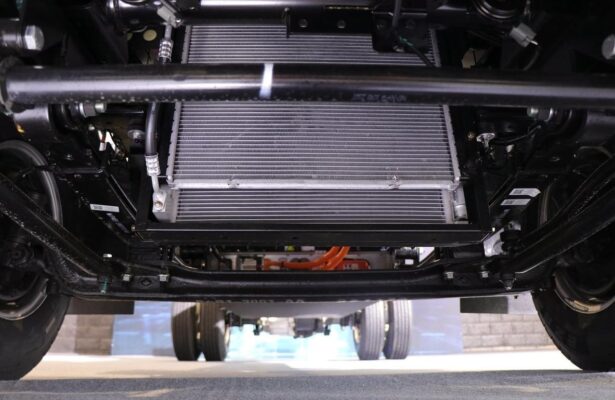
Any part of the disassembled battery assembly needs to be placed separately. This is important to prevent accidental contact between different components that could lead to short circuits or other malfunctions. Be to, do not cover any items on the battery pack. The battery pack requires proper ventilation and unrestricted access for cooling and monitoring purposes.
Staying away from all sources of fire or objects with high heat is another critical precaution. The high voltage and energy stored in the battery pack make it extremely vulnerable to fire hazards. Even a small spark or exposure to high heat could potentially trigger a catastrophic event. Be to, do not expose the parts to the sun. Excessive heat from the sun can cause the battery pack and other components to overheat, reducing their lifespan and increasing the risk of malfunction.

For instance, if a repair technician ignores the warning labels and places a flammable object on the battery pack or exposes the components to direct sunlight for an extended period, it could lead to a dangerous situation. The battery pack may overheat, increasing the risk of fire or explosion. By following the warning labels and taking proper care of the disassembled parts, technicians can reduce the likelihood of accidents and ensure the safety of the repair process.
Be to, proper waterproof measures during maintenance are essential. Although the conductivity of water is not the strongest, it is still sufficient to pose a serious threat to our life safety. New energy vehicles often contain complex electrical systems and high-voltage components that can be severely damaged by water intrusion. Be to, if we do not perform proper waterproof treatment on the disassembled parts, short-circuit problems can occur during installation, ultimately causing significant economic losses.
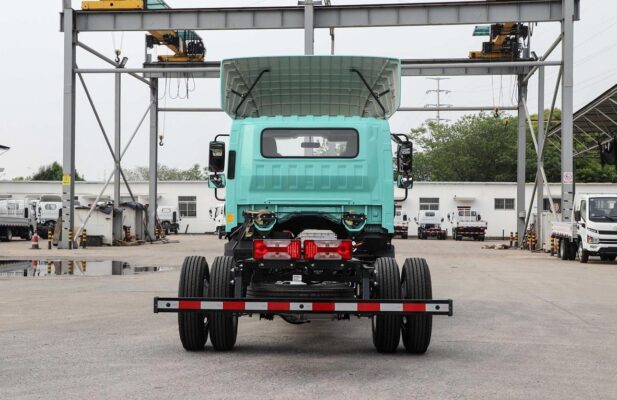
When repairing new energy vehicles, technicians must ensure that all connections and components are properly sealed and protected from water. This may involve using waterproof gaskets, seals, and coatings. Be to, any exposed electrical connections should be covered or insulated to prevent water from coming into contact with them.
For example, if a repair technician fails to take waterproof measures and a vehicle is exposed to rain or water during or after repair, it could lead to short circuits, damage to electrical components, and even potential electric shock hazards. By implementing proper waterproof measures, technicians can protect the vehicle’s electrical systems and ensure the safety and reliability of the repair work.

Finally, protective measures during maintenance are of great importance. Maintenance personnel must use professional protective equipment or tools. This may include safety glasses, helmets, fire-resistant clothing, and other specialized equipment depending on the nature of the repair work. Be to, repairing new energy vehicles must go through professional training and learning. This training provides technicians with the necessary knowledge and skills to handle the unique challenges and hazards associated with new energy vehicles.
Remember, never disassemble new energy vehicles blindly. Without proper training and understanding of the vehicle’s systems, attempting to repair or disassemble a new energy vehicle can be extremely dangerous and can cause harm to oneself and others. Technicians should follow established procedures and guidelines and seek professional assistance when in doubt.
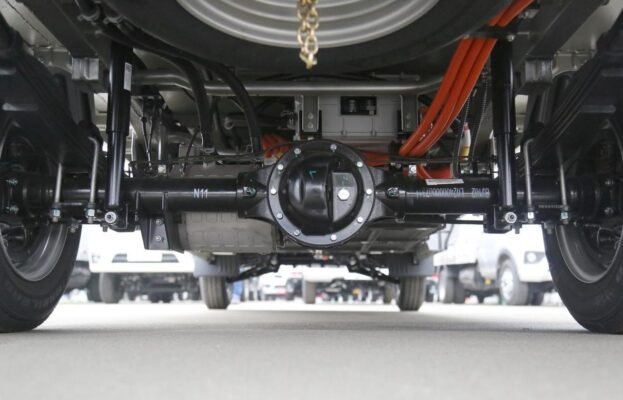
For instance, if a novice attempts to repair a new energy vehicle without proper training and protective equipment, they may not be aware of the potential hazards and could make mistakes that lead to serious accidents. By ensuring that maintenance personnel are properly trained and equipped, we can minimize the risks and ensure the safety of the repair process.
Apibendrinant, repairing new energy vehicles requires a high level of caution and adherence to specific precautions. By paying attention to high voltage electricity, following warning labels, implementing proper waterproof measures, and taking appropriate protective measures, technicians can ensure the safety of themselves and others and perform effective repairs on new energy vehicles. As the popularity of new energy vehicles continues to grow, it is essential that both technicians and vehicle owners are aware of these precautions to ensure the safe operation and maintenance of these advanced vehicles.
